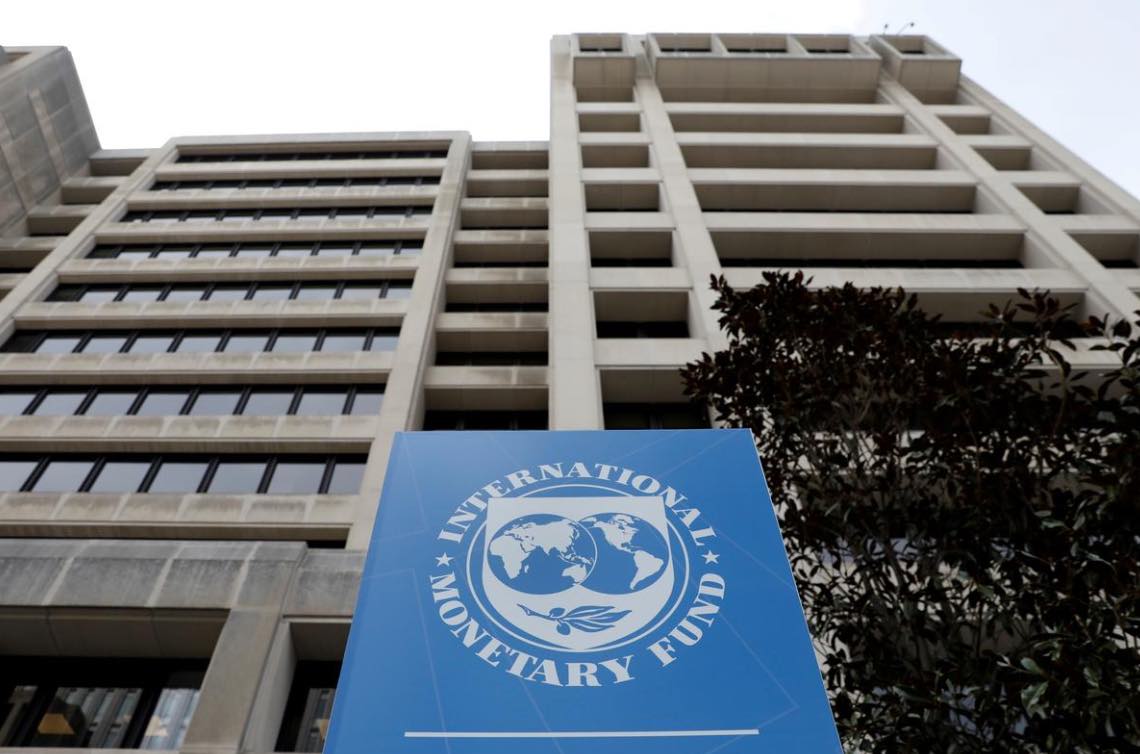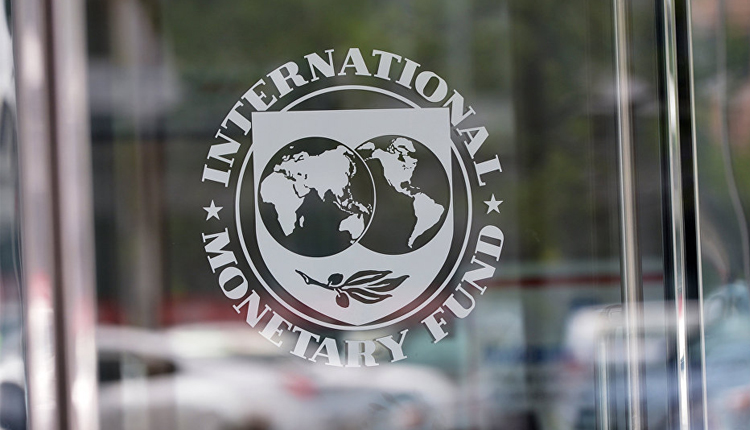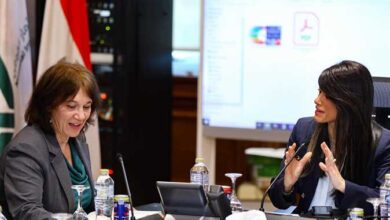
The International Monetary Fund (IMF) approved on Friday a 12-month US$5.2 billion Stand-By Arrangement (SBA) loan for Egypt.
The new arrangement aims to help Egypt bear the challenges bought on by the coronavirus pandemic through providing IMF resources to meet Egypt’s balance of payments needs and finance its budget deficit, an IMF statement said.
The IMF said that this program would also help Egypt “preserve the achievements made over the past four years, support health and social spending to protect vulnerable groups, and advance a set of key structural reforms to put Egypt on a strong footing for sustained recovery with higher and more inclusive growth and job creation over the medium term.”
Approving the SBA will enable the immediate disbursement of around two billion dollars, the IMF added.
Egypt’s structural reforms will continue strengthening its public financing frameworks, improve governance and transparency, and reduce competition barriers thereby ensuring a path towards sustainable and inclusive private sector-led growth, the IMF said.
“After a strong track record of successfully completing a home-grown economic reform program supported by the IMF’s Extended Fund Facility in 2016-2019, Egypt was one of the fastest growing emerging markets prior to the COVID-19 outbreak. However, the significant domestic and global disruptions from the pandemic have worsened the economic outlook and reshuffled policy priorities,” the statement explained.
The Deputy Managing Director and Acting Chair of the IMF Antoinette Sayeh said that the new SBA, together with the IMF’s Rapid Financing Facility (RFI), will support Egypt’s ongoing attempts to mitigate the negative repercussions of the pandemic while preserving its macroeconomic stability and prior achievements.
“As the economic recovery takes hold, fiscal policy will need to work toward resuming the downward trajectory of public debt. The Central Bank of Egypt aims to continue to provide a stable anchor for inflation expectation and financial stability while rebuilding reserve buffers and allowing orderly exchange rate adjustments,” she said.
“Achieving program objectives is subject to risks. At the global level, uncertainty about the severity and length of the downturn remains exceptionally high. On the domestic side, the authorities will need to continue their strong track record of steadfast policy implementation.
“Maintaining social cohesion during this crisis period will be paramount for the success of the program. Enhanced communication and transparency around the policies and their implementation will be crucial to ensure broad support for the government’s reform efforts on behalf of the Egyptian people,” Sayeh added.




